Excessive licking in dogs often causes us pet parents to worry, no matter the location. However, a dog who excessively licks the base of their tail (or butt) can be especially concerning.
So, let’s look at some of the most common reasons you might notice your dog is licking their rear end.
Before we start, please be aware that this list should be used as a guide only and not a substitute for medical advice from a veterinarian regarding your pet. If you notice your pet performing any abnormal or worrying behavior, it’s best to take them to your veterinarian for a proper diagnosis and treatment plan.
- Flea infestations can cause dogs to excessively lick their tail base.
- Anal gland issues like blockages may lead to excessive licking.
- Skin infections can trigger a dog to lick around their tail.
- Endoparasites like worms can cause dogs to lick their rear.
- Allergies in dogs often manifest through localized itching and licking.
This post may include affiliate links.
The information provided herein is for informational purposes only. Please refer to our disclaimer for more details..
- Reasons your dog keeps licking its butt
- A Flea Problem
- Allergy problem
- Anal gland problem
- Skin Infection
- Endo-parasites
- What to do if your dog keeps licking his bum?
- What can I give my dog to stop licking himself?
- Can dogs express their glands by licking?
- Is preventing your dog from licking a good idea?
- Conclusion
Reasons your dog keeps licking its butt
Let’s now take a look at what can cause your dog to lick. Please refer to this article as a guide only, and remember to contact your veterinarian if you notice something abnormal with your pet, to obtain a proper diagnosis and treatment.
A Flea Problem
Image source: CDC
We all know that fleas can make your dog itchy. Usually, the itching caused by fleas is centered on areas such as the belly. However, in some cases, it could be more of a problem in different areas (such as in the anus area).
This itching can cause irritation which also leads to your dog licking or chewing at the affected area. If your dog has fleas, you will most likely be able to see them if you look for them. When it comes to fleas, it’s interestingly actually the feces from the flea that irritates your pet, rather than the actual flea itself.
However, it’s also good to be aware that some dogs can even have an allergic reaction to flea bites.
Vets recommend always protecting your dog against fleas and other parasites by giving them special medication. This can be in the form of a monthly tablet or spot-on, depending on your preference and your dog’s weight.

Don’t forget, if you have other pets in the household, it’s also important to treat them for parasites too, as some parasites aren’t species-specific. It’s also a good idea to wash your pet’s blankets and bedding regularly, especially if they have just had fleas.
Don’t hesitate to talk to your vet if you need advice regarding flea treatment for your pet. Fleas are something that is very easy to prevent.
Allergy problem
Image source: Blue Bird
Although it’s not as common for the itching to be localized around a dog’s anal area, different dogs manifest allergies in their own ways.
There are a range of allergies in dogs, such as flea-bite allergies, food allergies, and environmental allergies. It may seem strange, but itching can be a common symptom of allergies in many cases. Allergies that cause itching can also lead to secondary skin problems (we’ll talk more about that later).
If your dog is itching, it’s best to take them to your veterinarian for a consultation.
Anal gland problem
Another potential cause of a dog’s butt licking can be a problem with their anal glands, such as a blockage, fistula, or infection.
If your dog keeps licking their butt, it could be that they have a problem with their anal glands. The anal glands are located at the tail base on either side of your dog’s rectal opening.
Unless your dog has had a problem with these before, then you might not have paid much attention to them before. Anal glands are special glands that usually empty themselves when your dog has a bowel movement.
Occasionally, anal glands can become blocked, which can sometimes lead to an infection, and your dog might start licking to try to help relieve the pain or itching.
It’s not a particularly, nice job, but sometimes it might be necessary for your dog’s anal glands to be manually emptied. This is something that you can do at home if your dog is willing. However, it’s best to ask your veterinarian to show you first.
Expressing your dog’s anal glands is a pretty smelly job, so if you’re not sure you can do it correctly, it’s best to ask your veterinarian to do it for you.
Skin Infection
Image source: Michael Oxendine
Itchiness on different parts of your dog’s body can be caused by a skin infection. If you see your dog licking and chewing at areas such as their paws, armpits, under their belly, and even around their tail, it could be due to a skin infection.
Skin infections can be secondary to the itchiness caused by allergies or can occur by themselves. Itching, chewing, and licking behavior can be due to your dog’s normal microflora becoming unbalanced, commonly due to the overgrowth of fungi or bacteria.
Although under the tail isn’t a common localization for a skin infection, it’s not impossible. If you notice that your dog is excessively licking or itching their skin, it’s best to take them to your vet for a proper diagnosis and treatment.
Endo-parasites
As we mentioned earlier, it’s important to treat your dog against ectoparasites such as fleas. However, it’s also good not to forget endoparasites too! If you notice your dog licking, itching, scratching, or scooting their rear end, it could be because they have worms.
There are a variety of types of worms in dogs, such as roundworms, whipworms, and tapeworms. Some of these worms can even be visible in your dog’s feces
What to do if your dog keeps licking his bum?
If you notice any abnormal behavioral or medical changes in your pet, then it’s best to contact your veterinarian and arrange an appointment. During this appointment, they will ask you a detailed medical history, which will cover the following information:
- How long it’s been happening.
- Whether any events or time of year are associated with it.
- If you treat your dog for parasites.
- If any other pets in the household are affected.
- Your dog’s diet.
- Any products you use on your dog.
After your veterinarian has all the information they need, they will then perform a clinical examination on your dog. Don’t worry when you see that they examine your dog completely, and don’t just focus on the problem area. This is especially important as a dog may lick their but due to reasons not directly related to that part of their body.
They will, of course, take a good look under and around your dog’s tail and ensure that they observe the complete area at the base of the tail. This means they may ask you to hold or restrain your dog, especially if it’s painful.
After the examination, they may have found the source of the problem or may require further tests to find out why your dog is licking. These could include:
- Taking samples and looking under the microscope.
- Performing an x-ray or ultrasound examination.
The above will help your vet come to a diagnosis so that they can provide the best solution to stopping your dog from licking their butt.
What can I give my dog to stop licking himself?
As we already mentioned, if your dog is licking itself, it’s best to take them to your veterinarian for a proper diagnosis of what the actual problem is.
It is never a good idea to give your dog any medication, product, or supplement without sound advice from an experienced veterinarian. Doing this can make the problem far worse and even harm your pet.
Even if you think it’s painful for your dog, it’s best not to start doing anything at home, as this can interfere with any diagnostics your vet might need to perform. Always take your dog to the vet if you are worried, rather than trying to solve the problem at home first.
Some examples of treatment your vet may recommend based on their diagnosis include:
- Giving your dog medication
- Bathing your dog
- Supplementing your dog’s diet
- Surgical intervention.
Can dogs express their glands by licking?
A dog’s anus has 2 special glands on either side, called ‘anal glands’, which release a smelly liquid during defecation (pooping). Usually, you don’t need to worry or do anything with them.
However, sometimes, as we explained above, they can become blocked or infected and cause symptoms such as itching or licking.
No, a dog can’t empty or express their anal glands by licking. If you suspect that your dog’s anal glands are blocked, then it’s best to contact your veterinarian. They will be able to assess if they are blocked and then act to empty them.
If your dog is willing, you can also ask your veterinarian to show you how to empty them at home so that if they become blocked again, you can help your pet from home. However, it’s best only to do this option after your veterinarian has shown you how to do it properly and when you’re sure that you can do it comfortably and safely.
Is preventing your dog from licking a good idea?
In general, stopping your dog from licking can be pretty frustrating, both for you and for them. That’s why we recommend that you seek proper medical advice if your dog is licking around the tail.
Consulting your veterinarian will help you to understand the root of the problem and help your dog to feel more comfortable.
The exception to this rule is if your dog has recently had surgery around the base of its tail. If this is the case, chewing and licking around this area can cause problems for the wound to heal and even make it infected.
That’s why, if your dog has recently had surgery in this area, then it’s best to prevent them from having contact with the affected area at the base of his tail. Elizabethan collars can be a great option to help you do this, as they make it difficult or impossible for your dog to have contact with this area.
Conclusion
It might not be the nicest topic in the world, but we hope you’ve found this article helpful and that you know the reasons dogs lick their butts and what dog parents can do to help their four-legged friends feel more comfortable.
953views
Share on Facebook
 Dark Mode
Dark Mode 

 No fees, cancel anytime
No fees, cancel anytime 







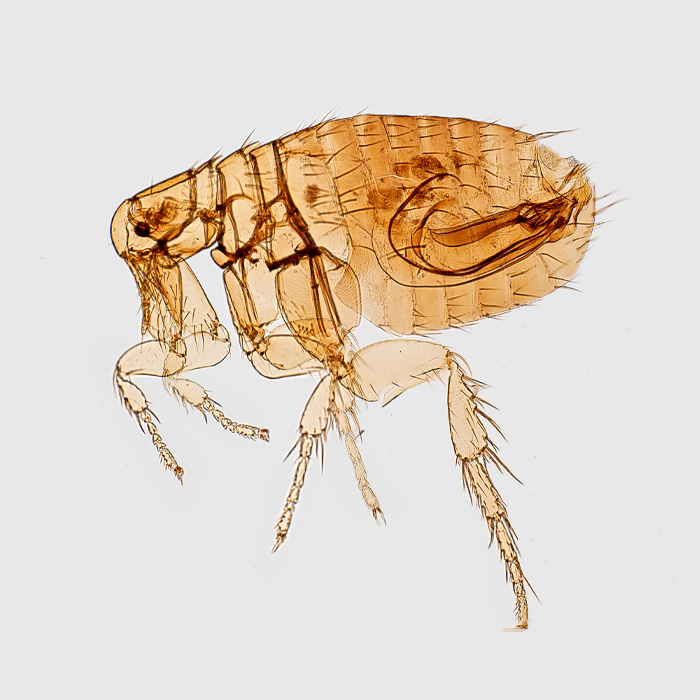
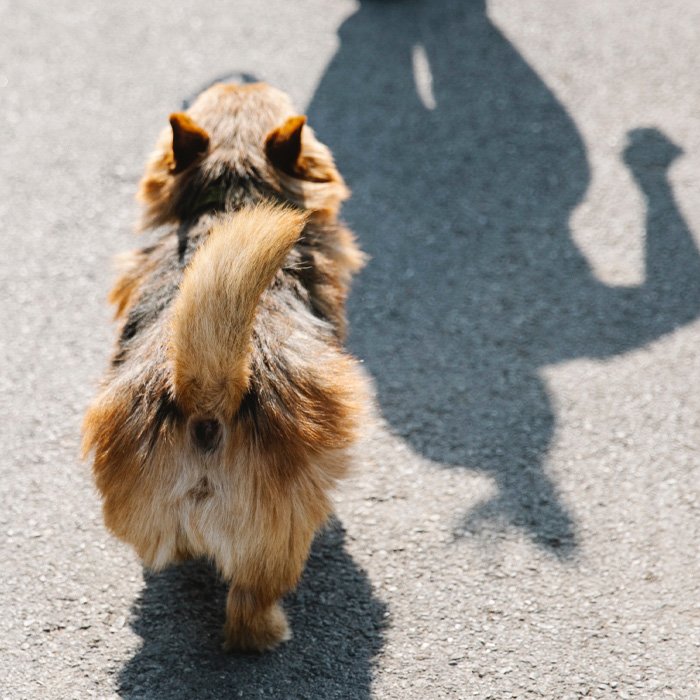
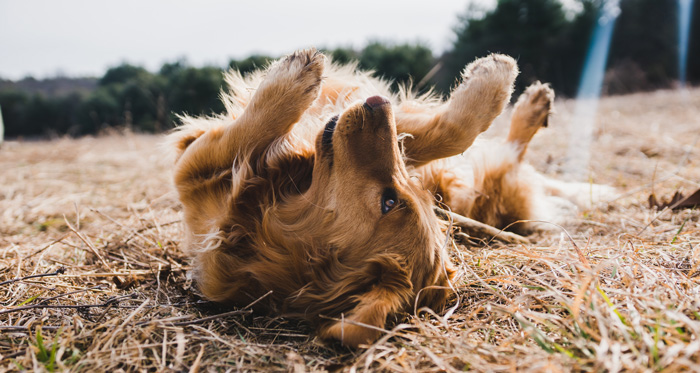






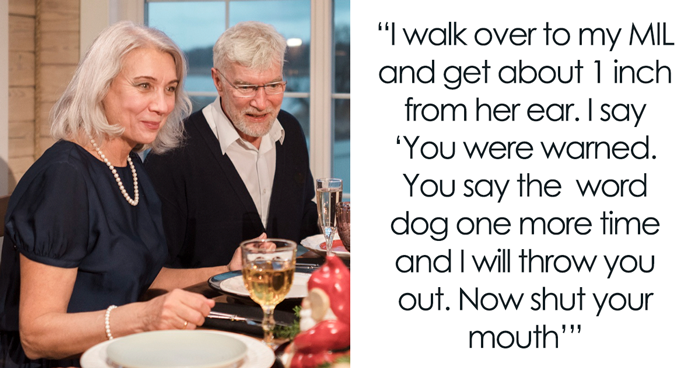


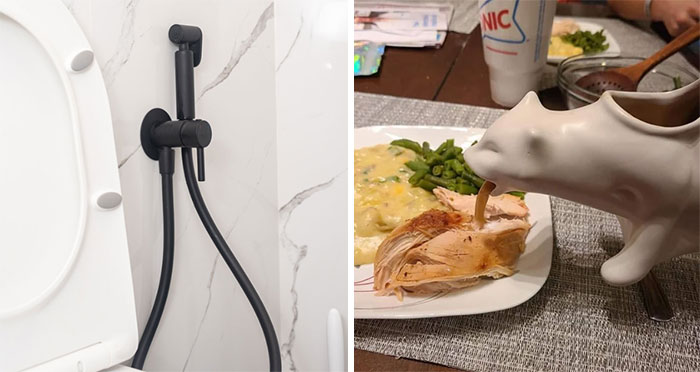
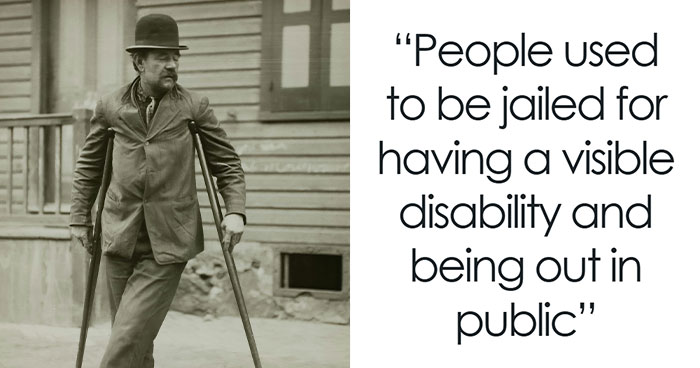
































9
0